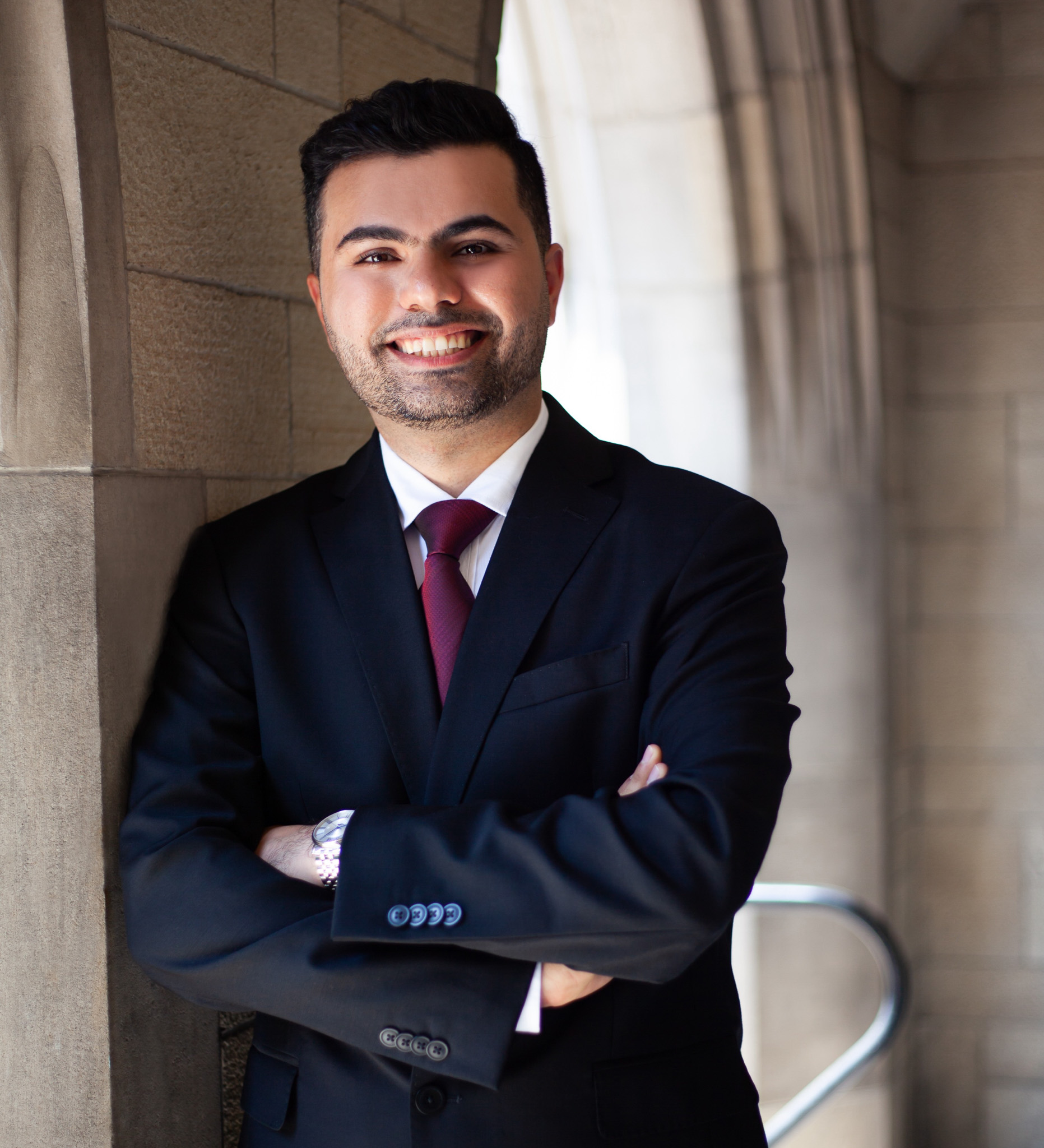Professor Hani Naguib (MSE, MIE) is leading research to design aerogel film materials as an energy-efficient thermal management solution for electronics. This innovation aims to prevent devices such as laptops and smartphones from overheating.
Naguib’s project is one of eight from across U of T Engineering to receive funding from the Connaught Innovation Awards, which helps accelerate the development and commercialization of promising technologies.
“It is an honour to receive the Connaught Innovation Award,” says Naguib. “This new funding will allow my research team to expand our development of advanced aerogel materials by exploring new applications, and refining the technologies involved.”
All electronic devices generate heat during use, but inefficient cooling systems, which control the thermal management of smaller devices such as smartphones, can cause excessive heat. This can not only reduce a device’s performance and lifespan, but even pose health risks to users.
“There’s a rising need to safeguard electronic components and users from excessive heat, overheating or sustained heat exposure,” says Omid Aghababaei Tafreshi, an MIE PhD student who is working with Naguib on this research.
“Our solution involves incorporating aerogels into electronic devices, such as laptops, smartphones, desktop computers and microelectronics, to manage heat. These aerogels will help reduce heat buildup, prevent hotspots, protect heat-sensitive components, improve user comfort and ultimately enhance the performance and longevity of these products.”

Aerogels are a synthetic porous ultra-lightweight gel material with established thermal insulation properties.
“Our work has led to the development of a new class of organic aerogel materials with significantly enhanced properties, including high moisture resistance, ultralow density, ultrahigh porosity, excellent thermal stability, outstanding thermal insulation, increased mechanical strength and remarkable mechanical flexibility,” he says.
“With their unique properties, aerogels have great potential to advance the field of thermal management, especially in applications ranging from aerospace to building insulation.”
The other seven projects funded by this year’s Connaught Innovation Awards are:
- Lecithin-based, self- micro/emulsifying delivery systems (SM/EDS) for drug and nutraceutical delivery – Professor Edgar Acosta (ChemE)
- Supercritical fluid extraction for recycling of critical materials from E-waste – Professor Gisele Azimi (ChemE, MSE)
- Fast Pixel-Programmable Image Sensors for Cost-Effective Imaging without Motion Artifacts – Roman Genov (ECE)
- Magnesium ion crosslinked hyaluronic acid hydrogels for biomedical applications – Professor Frank Gu (ChemE)
- Low-cost large-scale methane monitoring at landfills – Professor Jörg Liebeherr (ECE)
- Energy-Efficient Edge Machine Learning Accelerator for Neuromodulation – Professor Xilin Liu (ECE)
- Intravascular Differential Photoacoustic Catheter Imager for Quasi-Invasive Detection of Vulnerable Plaques and Calcification in Coronary Artery Atherosclerosis – Professor Andreas Mandelis (MIE)












